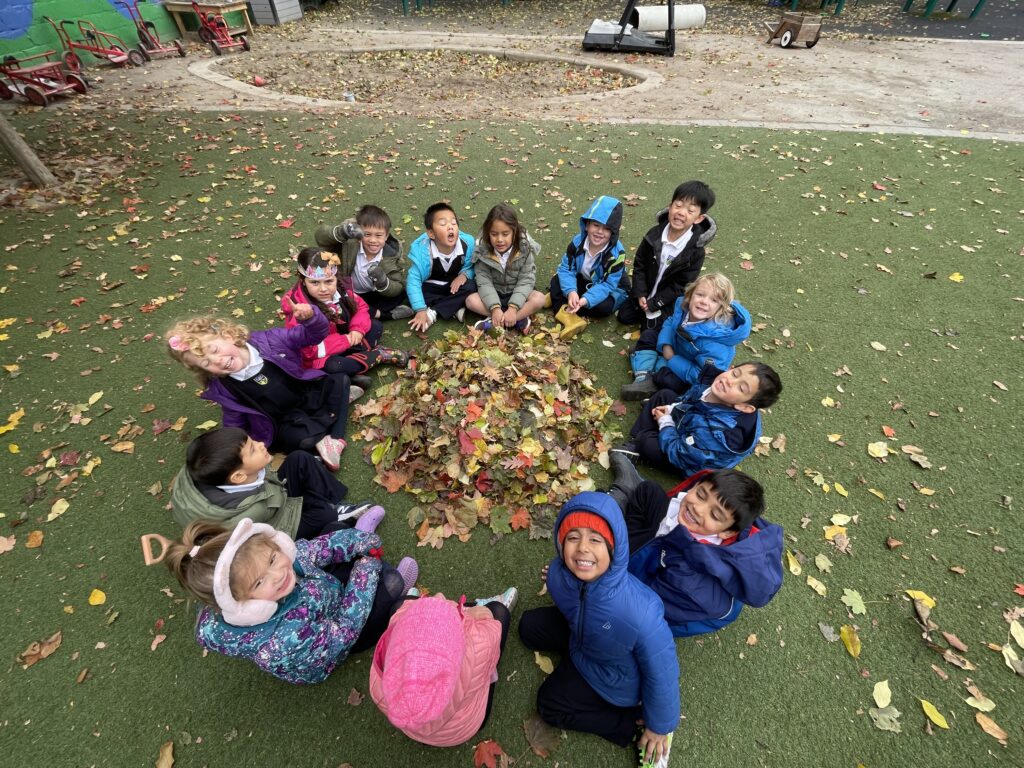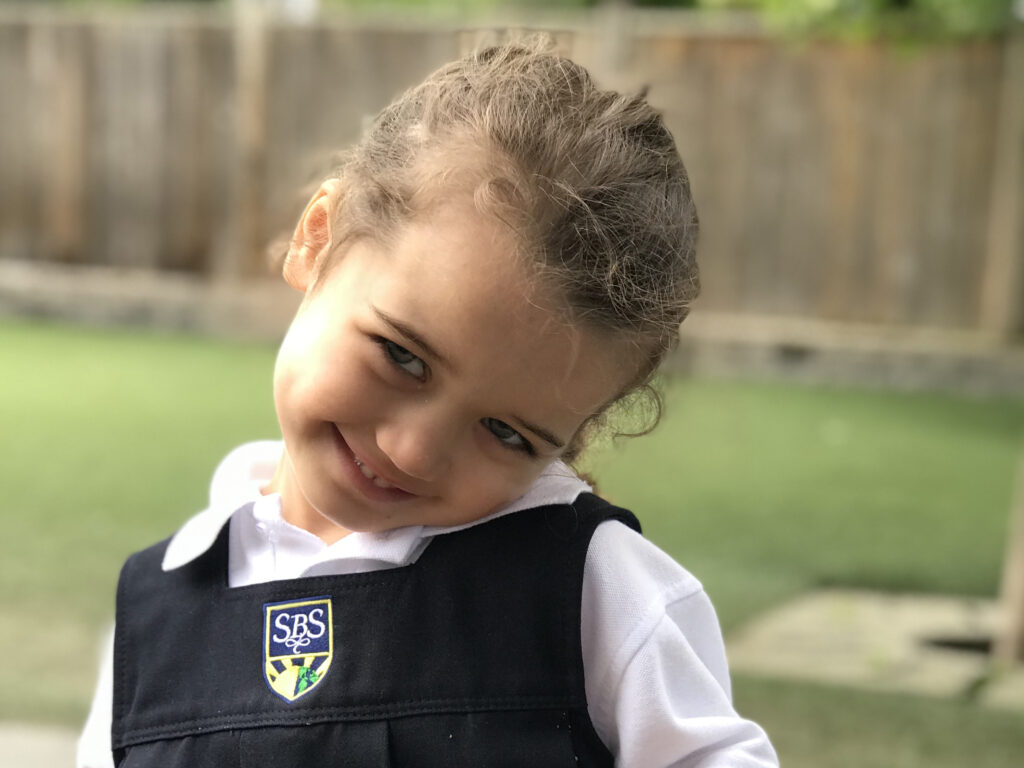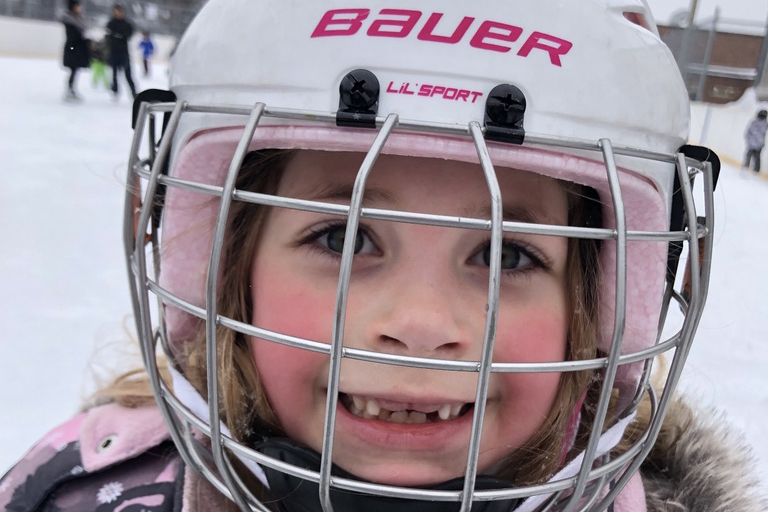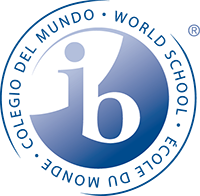Social and Emotional learning is the process through which children acquire and effectively apply the knowledge, attitudes, and skills necessary to understand and manage emotions, set and achieve positive goals, and maintain healthy relationships. The PYP Enhancements put renewed emphasis on Social and Emotional learning which we are incorporating into our curriculum as we continue to strive to make the students’ learning even richer at Sunnybrook.
Especially since March 2020 and the student experience of the pandemic, it is critical for the students to be aware of their emotions and to set goals for healthy self-management. Children are relearning skills to manage themselves and cope in a group setting – for the younger students, cooperation and independence skills are new and need to be formally taught. For the older students, they too need to be guided in how to manage group settings and have positive relationships.
Sunnybrook promotes Positive Discipline in the classroom and focuses on identifying the skills a student needs to develop and the expectations they’re having difficulty meeting. The goal is then to help them solve those problems collaboratively and in a proactive manner.
Recent brain research has confirmed that children learn best when they feel safe and connected to others. Therefore, the goal of positive discipline is to teach by first creating safe relationships and connecting with students.
Positive discipline:
1) Teaches children responsibility, self-discipline, problem-solving skills and cooperation
2) Is respectful to both children and adults
3) Builds trust and strengthens relationships, helping form new connections in a child’s brain
4) Builds and maintains self-esteem
5) Teaches children how to manage their emotions
6) Teaches children to deal with stress in healthy ways
7) Invites children to contribute in meaningful ways and develops their sense of significance
Sound Discipline, (2015). Retrieved from https://www.sounddiscipline.com






